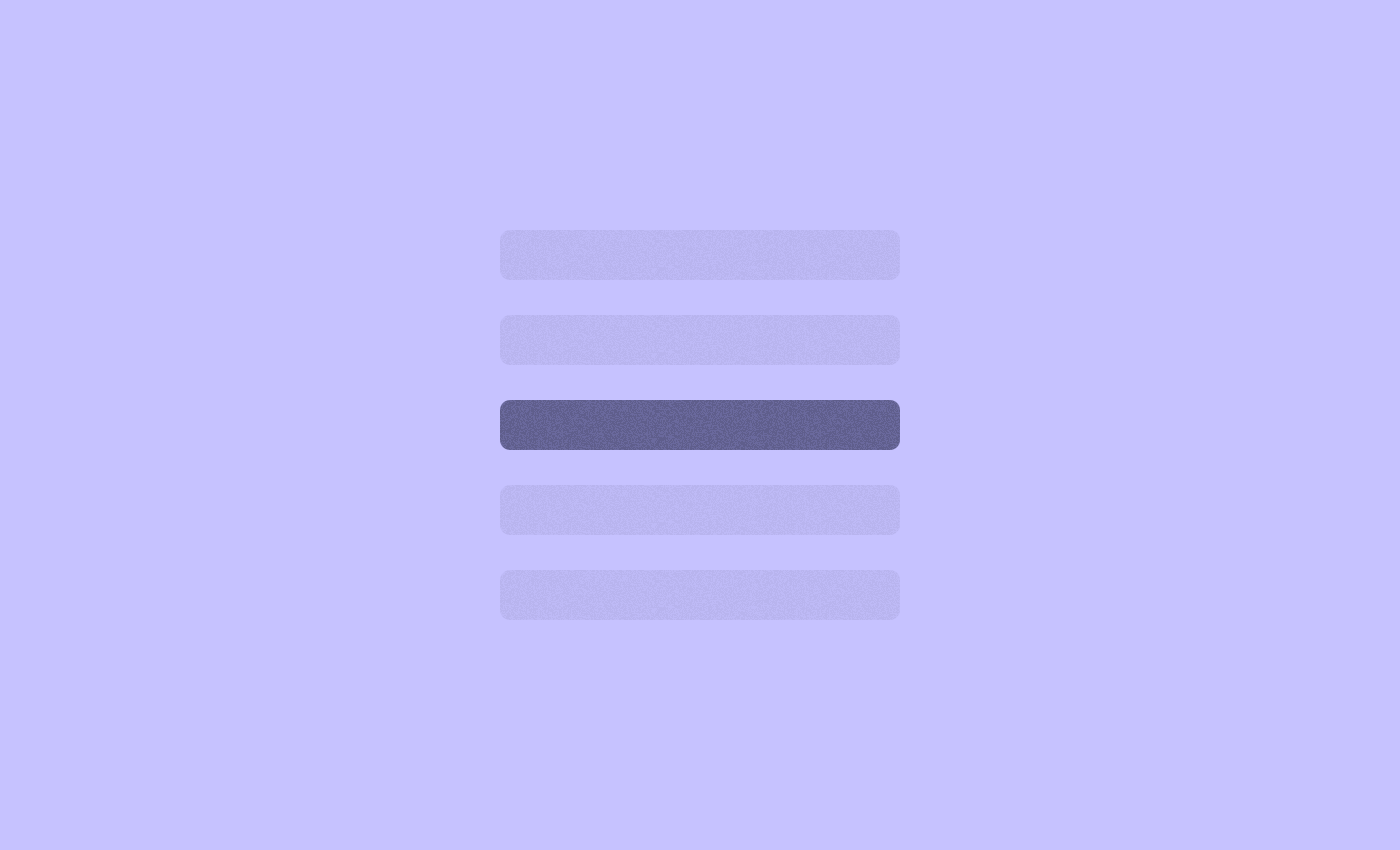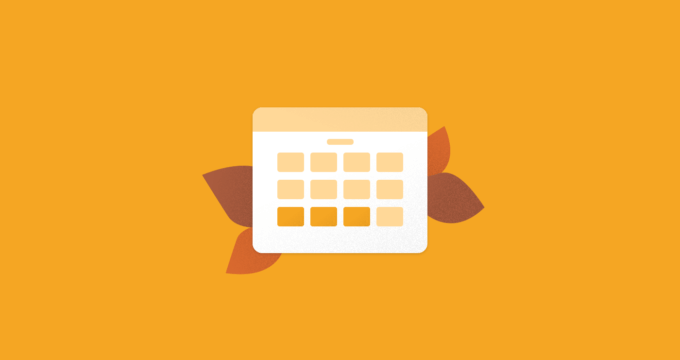What is Single-tasking and why Multitasking is bad
Productivity
I’ve never been a fan of multitasking.
We usually multitask because we think it makes us more productive and we will achieve a higher output in the same amount of time. But this is unfortunately not true.
Why Multitasking is bad
The reality is that multitasking is a myth and you cannot perform two tasks that require high-level brain function at once.
The human brain evolved to single-task, as the human mind and brain simply lack the architecture to perform two or more tasks simultaneously. Indeed, many studies suggest that multitasking can negatively affect your productivity and efficiency.
What actually happens when you think you are multitasking is that you are rapidly and repeatedly shifting back and forth between tasks — the shifting happens so fast that it is not even noticeable — and every time you shift tasks your mind has to re-calibrate and re-adjust again and again on the specific goals, rules and requirements of the task at hand.
As it takes time and effort to refocus after every shift, all these continuous shifts come at a high cost. The final result is a continuous loss of momentum and focus, a reduction in quality, accuracy and speed of your performance, and a drain of your time and energy. At the end of the day, this can add up to a loss of 40% of your productivity.
Naturally, all this ends up having the exact opposite result of what you wanted to achieve initially by multitasking, killing your productivity and efficiency instead, and eventually making you feel frustrated and stressed.
This inability of your brain to focus on more than one complex task at a time is why you can listen to music while exercising or washing the dishes, but you might find it very difficult to do the same while coding, writing or studying.
In such cases, it’s best to listen to music without lyrics or to natural and non-distracting background noises by using tools such as Noisli, so that you can keep the focus on the task at hand.
Multitasking can be a real focus-killer and just drain your energy. Be mindful of how many tasks you’re tackling at once and try to focus your energies on one single task at a time aka single-tasking.
What is Single-tasking?
Single-tasking is the antithesis of multitasking. Single-tasking, as the name suggests, means doing and focusing on one task or activity at a time and with as few distractions and interruptions as possible.
While single-tasking, there will be no shifting back and forth between tasks and no need for your mind to continuously readjust and refocus, safeguarding this way your energy.
How to Single-task
- Focus on the task at hand and solely on that
- Set up your environment so that you’re not distracted or interrupted
Single-tasking requires two important things:
In order to achieve that, it’s therefore key that when you want to single-task you prepare the setting and make sure there are the conditions that enable you to do it at your best.
Here are some tips on how you can kick-start and improve your single-tasking:
Plan your tasks
Have a plan of what you want to do and when you do what, so that when you work on something you can be focused solely on the task at hand without having to break your focus to momentarily switch task. Use the Time blocking method to achieve this.
Group similar tasks together
Group similar tasks together, for example checking and replying to emails only once or twice a day instead of continuously checking your inbox. This will help you decrease the number of tasks and focus switches throughout the day.
Prioritise
It’s very important that you decide what is important and requires your focus and which tasks you can perhaps delegate. Prioritising your tasks, by using for example the Eisenhower technique, will not only help you maximise your output and better manage your resources, but it will also prevent you from having to suddenly switch your focus to something more important than what you are doing and which would end up disrupting your productivity if not the entire day.
Listen to background sounds
Try working while listening to natural background sounds instead of music. This will help you to focus and stay concentrated longer, as they will help mask external noise distractions that might otherwise disrupt your focus. This is especially relevant if you have to code, study or write. Preventing distractions will also help you preserve your energy levels, which can in turn help you be more productive, efficient and less stressed.
Work in sessions
Nobody can focus for long periods of time, and when you do, especially without taking frequent breaks, it can lead to mental fatigue and overall burnout. Working in sessions, using for example the Pomodoro technique, helps you to take frequent breaks, which allows both your mind and body to rest and recharge so as to always work with high energy levels. Over time, this will be of great help in increasing your efficiency and ultimately make you more productive, while also helping you to avoid burnout. Use the Noisli timer to help you work in sessions.
Reduce open browser tabs
Instead of working with 20 or more browser tabs open, just keep the needed ones for the task at hand and discard all the others. This will help you focus on what’s relevant and useful at the moment and will help you prevent any temptations to switch to anything distracting and not relevant. Preventing temptations is also a good way to preserve mental energies that are better used to stay focused and sharp.
Benefits of Single-tasking
Single-tasking conserves mental and physical energy
The brain is a very expensive organ to run and it consumes roughly 20% of your energy each day. When you multitask you are constantly shifting attention and directing energies in all directions, while when you single-task you focus all your energy on the single task at hand and, doing no attention shifts, you also have fewer things to keep in mind in the short term.
Single-tasking increases efficiency and productivity
Multitasking causes a reduction in the quality, accuracy and speed of your performance and it also makes you more prone to making mistakes. If you single-task you will be more focused and concentrated on the task at hand and your productivity and efficiency will increase.
Single-tasking improves focus and attention span
The average attention span of a human is eight seconds, and multitasking isn’t helping at all to increase that number. Constantly multitasking is bad for your focus and your attention span, and in the long run it erodes your ability to effectively stay concentrated even on a single task for longer periods of time. Single-tasking on the other hand helps you train your attention span so you can stay concentrated for longer.
Single-tasking reduces stress
When you multitask, the continuous leaping from task to task makes you lose momentum and focus, which in return makes you waste time and above all mental and physical energy. When you are low in energy you fall behind your work, which then leads to an inevitable increase in your stress levels. By single-tasking you can avoid generating useless stress.
Single-tasking can enhance creativity
Flow, or flow state, is a mental state in which you perform an activity fully immersed in a feeling of energised focus. When you’re in a flow state it can often lead to thinking more clearly and more creatively. Multitasking continuously disrupts your focus and does not enable you to enter and stay in a flow state. By single-tasking and avoiding any context switching, on the other hand, you can much more easily enter and remain in a flow state.
Single-tasking promotes self-discipline
By multitasking you continuously allow yourself and your mind to be distracted and you are training yourself to be less self-disciplined. By single-tasking, you will learn and train yourself to stay focused, to switch tasks only when needed and to avoid giving in to distractions. This allows you to build discipline and self-control.



